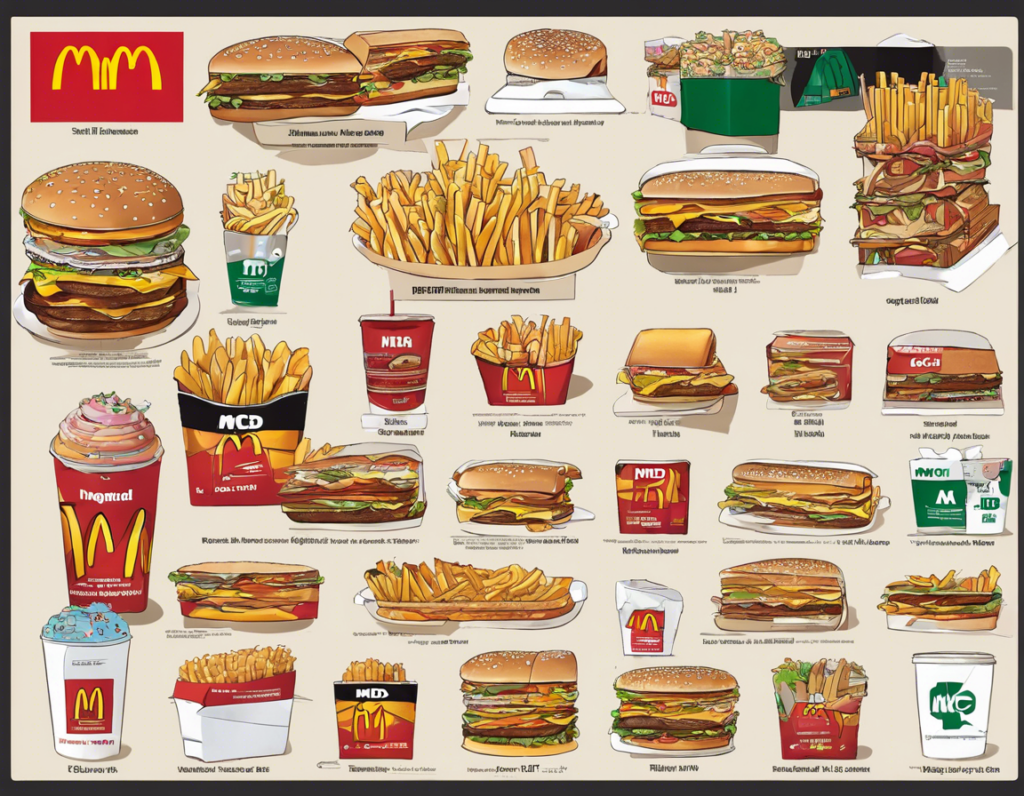In the realm of governance, institutions, and public administration, acronyms and abbreviations are quite prevalent. One such abbreviation that is commonly used in the context of municipal bodies in India is MCD, which stands for Municipal Corporation of Delhi. The Municipal Corporation of Delhi is a civic body that governs the city of Delhi, the national capital of India. It is responsible for a wide range of public services and urban infrastructure development within its jurisdiction. To delve deeper into the functions, structure, and significance of the Municipal Corporation of Delhi, let’s explore further in this article.
Introduction to Municipal Corporation of Delhi (MCD)
The Municipal Corporation of Delhi is one of the largest municipal bodies in the world, serving a population of millions residing in various parts of Delhi. Established under the Delhi Municipal Corporation Act of 1957, the MCD plays a crucial role in the administration and management of the city. The corporation is divided into several zones, each headed by a Deputy Commissioner, who oversees the implementation of various civic projects and services.
Functions of MCD
The Municipal Corporation of Delhi is entrusted with numerous functions aimed at facilitating the smooth functioning of the city and enhancing the quality of life for its residents. Some of the key functions of the MCD include:
1. Urban Planning and Development
- MCD is responsible for urban planning and development activities in Delhi, including town planning, land-use regulations, and infrastructure development.
2. Public Health and Sanitation
- Ensuring cleanliness, sanitation, and hygiene in the city through waste management, sanitation services, and public health initiatives.
3. Maintenance of Roads and Public Spaces
- MCD is tasked with the maintenance and upkeep of roads, parks, public gardens, and other civic amenities in Delhi.
4. Revenue Generation and Budgeting
- Managing the finances of the corporation, collecting taxes, and formulating budgets for infrastructure projects and public services.
5. Issuance of Licenses and Permits
- Granting licenses for commercial activities, construction permits, and other regulatory approvals within its jurisdiction.
Structure of MCD
The Municipal Corporation of Delhi is structured in a hierarchical manner to streamline its operations and ensure effective administration. The key components of the MCD structure include:
1. Mayor and Standing Committees
- The Mayor, elected by the councilors, serves as the ceremonial head of the corporation, while various standing committees oversee different aspects of governance.
2. Councilors and Wards
- The MCD has councilors representing different wards in Delhi, who are elected by the residents to voice their concerns and participate in decision-making processes.
3. Commissioner and Departments
- The Commissioner, appointed by the government, is the administrative head of the MCD, overseeing the functioning of various departments, such as engineering, health, education, etc.
Role of MCD in Urban Governance
The Municipal Corporation of Delhi plays a pivotal role in urban governance by collaborating with various stakeholders, implementing public policies, and addressing the needs of the citizens. Some of the key aspects of MCD’s role in urban governance include:
1. Service Delivery
- Providing essential services like water supply, sanitation, waste management, and healthcare to the residents of Delhi.
2. Infrastructure Development
- Undertaking infrastructure projects such as roads, flyovers, bridges, and civic amenities to improve the urban landscape.
3. Community Engagement
- Engaging with local communities, conducting public consultations, and involving citizens in decision-making processes for better governance.
4. Disaster Management
- Formulating disaster management plans, coordinating relief efforts during emergencies, and ensuring the safety and well-being of the populace.
Challenges Faced by MCD
Despite its significant mandate and responsibilities, the Municipal Corporation of Delhi faces numerous challenges that hinder its effective functioning and service delivery. Some of the major challenges faced by MCD include:
-
Financial Constraints: Limited financial resources impede the execution of infrastructure projects and service delivery.
-
Political Interference: Interference by political entities often affects decision-making processes and hampers governance.
-
Lack of Infrastructure: Inadequate infrastructure and outdated systems pose hurdles in providing quality services to the citizens.
-
Corruption: Instances of corruption within the system undermine transparency and accountability, affecting public trust.
Conclusion
In conclusion, the Municipal Corporation of Delhi plays a crucial role in the governance and administration of the national capital, catering to the diverse needs of its residents and striving towards urban development. Despite facing challenges, the MCD continues to be at the forefront of municipal institutions, driving initiatives for a sustainable and livable city. With a renewed focus on efficiency, transparency, and citizen-centric governance, the Municipal Corporation of Delhi can overcome obstacles and emerge as a model for urban governance in the country.
Frequently Asked Questions (FAQs)
Q1: What are the primary functions of MCD?
A1: The primary functions of the Municipal Corporation of Delhi include urban planning and development, public health and sanitation, maintenance of roads and public spaces, revenue generation, and issuance of licenses and permits.
Q2: How is the MCD structured?
A2: The MCD is structured with a Mayor and standing committees, councilors representing wards, and a Commissioner overseeing various departments within the corporation.
Q3: What role does MCD play in urban governance?
A3: MCD plays a vital role in urban governance by delivering services, developing infrastructure, engaging with communities, and managing disasters in the city.
Q4: What are the major challenges faced by MCD?
A4: Financial constraints, political interference, lack of infrastructure, and corruption are some of the key challenges faced by the Municipal Corporation of Delhi in its functioning.
Q5: How can citizens engage with MCD for grievance redressal?
A5: Citizens can engage with MCD through online portals, helplines, ward councilors, public meetings, and grievance redressal mechanisms to address their concerns and feedback.
